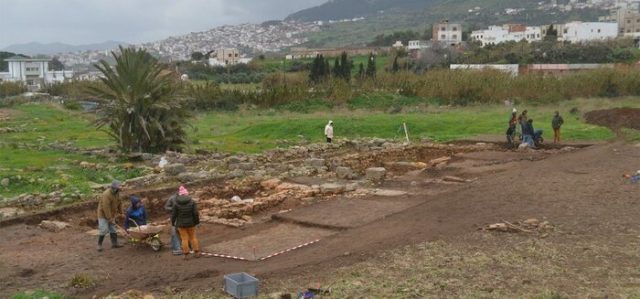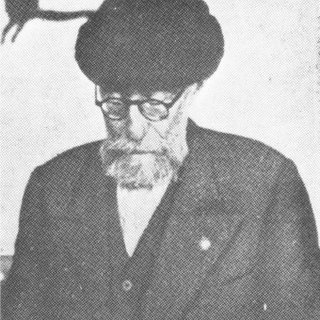by N.Morgan

An assemblage of archeologists from the University of Cadiz in Spain have discovered the ruins of a Roman moat at Tamuda, an archeology site near Tetouan in northern Morocco.
The Spanish team has been excavating the Tamuda site for a decade. The research was primarily funded by the Spanish Ministry of Culture and private Spanish organization Palarq.
The Roman moat is an important discovery because it may be the first archeological finding of this kind in Morocco, stated the University of Cadiz in a press release.
It is likely to be part of a Roman military fort and would have been built around a camp, as part of a well-known Roman defensive strategy.
.png)
The ancient moat likely dates from the first century AD, during the creation of the Roman province Mauretania Tingitana. Professor Bernal from the University of Cadiz confirmed that the team would be carrying out more excavations at the site.
The excavation of the Tamuda site is a long-term project between Morocco and Spain. It was set up through a bilateral agreement between the Ministry of Culture of Morocco and the University of Cadiz.
Archeologists and researchers participating in the project come from Spain, Morocco, Argentina, Colombia, Ecuador, and Mexico, “making this important Moroccan pre-Islamic site an active international training laboratory, ” stated Professor Darío Bernal Casasola from the University of Cadiz.
The site was first discovered in 1921 by Spanish archeologist Cesar Luis de Montalbán.
We have an affiliate program designed for content creators and Affiliate marketers, who would like to sell this product, please click here for affiliate program details. Our affiliate program is designed to help you monetize your screen time.

Reference:
No comments:
Post a Comment